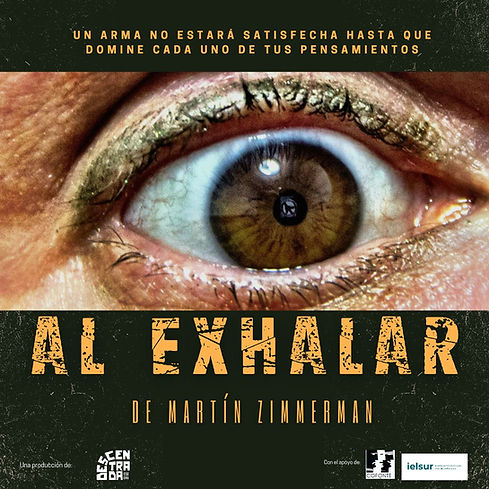Descentrada Escena
We are Descentrada Escena, a theatre company based in Uruguay. Our work seeks to build bridges, grounded in the belief that although the performing arts are a human right, access to them is not equally distributed. We connect art—particularly theatre—with social issues. In an increasingly polarized world, where each position claims itself as the center, we propose to decenter ourselves in order to engage with the world’s complexity and, from there, attempt to transform it.
At Descentrada Escena, we have been developing theatrical projects since 2022 that seek to move away from the central axis.
We integrate people who have not had the opportunity to participate in theatrical productions within the city’s central circuit.
We address social issues of great relevance in our context.
We work in decentralized spaces.
We engage audiences that do not typically attend the theatre.
Since 2024, Descentrada Escena has expanded by incorporating new lines of work.
Past Project
TA´PROPIA, there are things that make sense
staged the personal stories of teenagers who were in prison and young people who had studied theatre, reflecting on what is worthwhile from their perspectives as protagonists.
It was a devising theatre project in the vein of autobiographical post-dramatic theatre.


Current Projects
In 2024, we premiered Al Exhalar, the first Spanish-language production worldwide of the renowned play On the Exhale by Martin Zimmerman.
Translated by Kelly Howe and Sabrina Speranza, it was staged in Montevideo with the aim of reaching audiences particularly affected by the issues addressed in the play.
The actress was nominated for the Florencio Sánchez Award in the Solo Performance category for her work in this production.
In 2025, the production continued with additional performances.
We have been working with IELSUR (Institute for Social and Legal Studies of Uruguay) to discuss the impact of gun violence in Uruguay.
